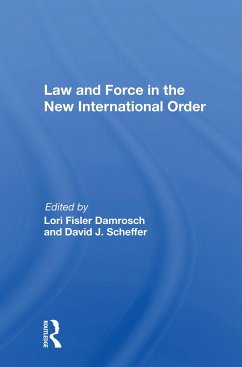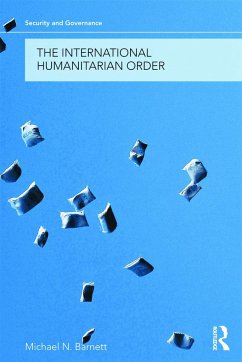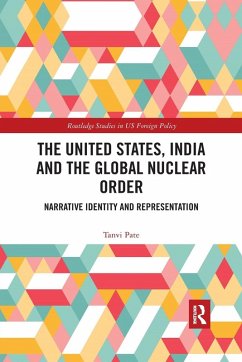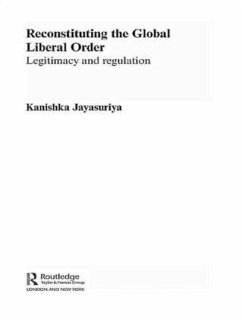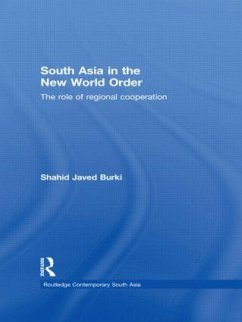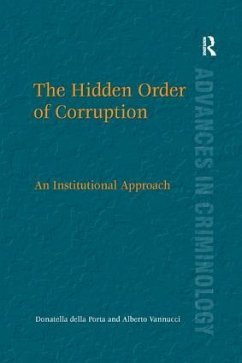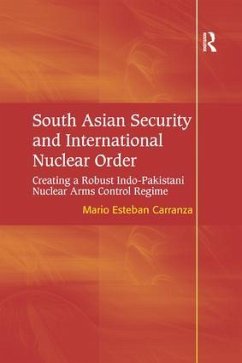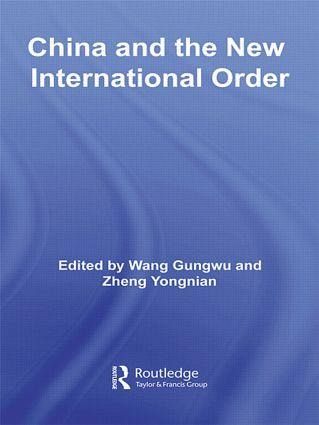
China and the New International Order

PAYBACK Punkte
26 °P sammeln!
This book explores China's place in the 'new international order', from both the international perspective and from the perspective within China. It discusses how far the new international order, as outlined by George Bush in 1991 after the collapse of the Soviet Union and the liberation of Kuwait in the Gulf War, with its notions of 'international order', as viewed by the United States, and with the United States seeing itself as the single dominant power, applies to China. The contributors offer the implications, both positive and negative, of China's growing economic power, and the possibil...
This book explores China's place in the 'new international order', from both the international perspective and from the perspective within China. It discusses how far the new international order, as outlined by George Bush in 1991 after the collapse of the Soviet Union and the liberation of Kuwait in the Gulf War, with its notions of 'international order', as viewed by the United States, and with the United States seeing itself as the single dominant power, applies to China. The contributors offer the implications, both positive and negative, of China's growing economic power, and the possibility that China will increase its military power. They also examine the idea that the Chinese leadership is being carried along itself by events in China, which it does not fully control, and that other growing forces within China, such as nationalism, increasing social grievances, structural instability, and rivalry between the centre and the regions potentially work against China's growing strength in the international arena. Considering traditional Chinese notions of 'international' power, where the world is seen as sino-centric, with neighbouring countries subservient to China in varying degrees, the book argues that this represents a fundamentally different view of the international order, one where the equal sovereignty of every state does not apply, where there is an acknowledged hierarchy of power, and where domestic and international issues are highly interdependent.





